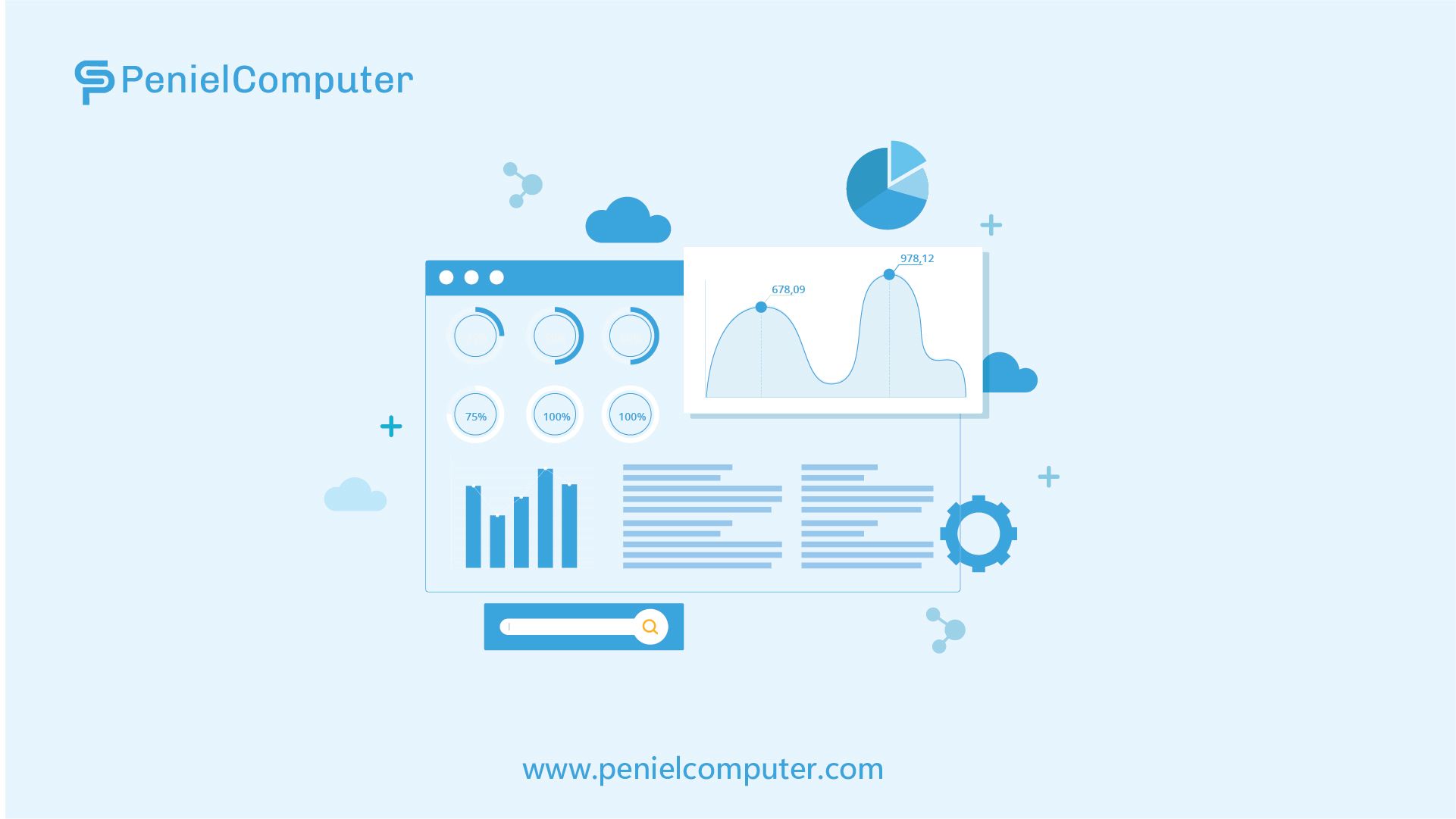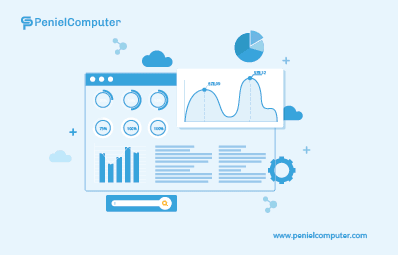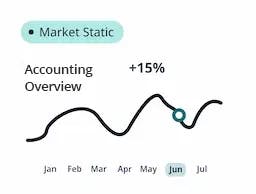
Admin
2023-10-26

ERP software solutions find applications in a wide array of industries, including but not limited to retail, e-commerce, manufacturing, non-profit organizations, and government entities. As a modern tool for business management, ERP excels at optimizing operational efficiency and reducing operational costs. Moreover, it contributes to organizational orderliness and elevates productivity levels.
While the ERP solution implementation offers substantial benefits to businesses of various sizes, you must seek proper guidance. Therefore, you should engage with expert ERP professionals for its successful deployment. With the ongoing technological revolution in the ERP domain, web-based and cloud-based ERP solutions have become increasingly popular, particularly among small and emerging businesses.
Cloud-Based ERP Software Overview
Enterprise resource planning (ERP) is a comprehensive system that enables the management of various business processes across different departments. The market offers a variety of ERP solutions, including simple applications, open-source ERP software, and licensed software. Furthermore, organizations have the flexibility to implement ERP in various ways like web-based, server-based, cloud-based ERP, and Software as a Service (SAAS) ERP solutions.
Advantages of Web-Based ERP Software, Exemplified by ERPNext
Rapid Communication
The internet connects people worldwide, and you can access the system with just a web browser.
Centralized and Dependable Data Repository
All your critical data is stored in a centralized and reliable location.
Easy Accessibility and Data Updates
You can conveniently access the system and update data from nearly any device connected to the internet.
Compatibility
Web-based ERP is compatible with virtually any device that has internet connectivity.
Scalability
There&pos;s no need to worry about upgrading to new components or features; the system can easily grow with your business.
Lower Operating Costs
Implementing ERP software can significantly reduce operating costs by streamlining processes, automating tasks, and improving overall efficiency.
Enhanced Collaboration and Workflow
ERP software fosters enhanced collaboration and streamlined workflows. Besides, teams can work together, share information, and make quicker, well-informed decisions.
Improvements in Supply Chain Management
Additionally, effective ERP implementation results in impressive improvements in supply chain management by optimizing inventory control, enhancing order fulfillment, and streamlining logistics.
Seven Benefits of Web-Based ERP Software
- Accessibility Anywhere. One advantage of using web-based ERP software is the ability to access it from virtually anywhere in the world. It is certainly facilitated by an internet connection.
- Enhanced Communication Speed. Web-based ERP software, being accessible from any location, accelerates communication within different departments.
- Ideal for Managers. Managers who frequently engage in client meetings and discussions benefit from web-based ERP software because it simplifies data input and enables quick decision-making for subordinates.
- Customer and Supplier Management. Web-based ERP software streamlines order requests and management, enabling efficient communication within the system. Similarly, help desk or support tickets can be swiftly addressed during emergencies, improving customer management.
- Effective Control. Real-time data management with web-based ERP software ensures that activities are efficiently managed.
- No Specialized Hardware Required. A significant advantage of web-based ERP software is that it eliminates the need for software installation on every machine. As a result, it eliminates the requirement for specialized hardware to manage your ERP systems.
- No Installation Hassles. With everything accessible via the web and a few login credentials, users can input data into the software from any computer with an internet connection. This is in contrast with traditional or server-based ERP systems, which necessitate installation on each user's machine.
Six Factors to Consider When Choosing a Cloud ERP Software
Business Requirements
Cloud ERP systems are valuable for both large enterprises and rapidly growing companies. They are particularly effective for businesses in need of quick scalability, especially when expanding to multiple locations. Assess the available modules and features of the software to ensure they align with your specific business needs. Compare different vendors and their offerings to find the one that best fits your business objectives.
Customization Options
Seek out Cloud ERP systems that support customization and allow you to enable or disable customizations for various users. Ensure that customizations do not hinder automatic upgrades or access to the latest features. Look for a Cloud ERP solution that is easy to customize without requiring additional hardware or software as your user base grows.
Value-Added Resellers (VARs)
Remember that when investing in a Cloud ERP system, you're not just paying for the software itself but also for the vendor's services. In addition to the software provider, consider engaging value-added resellers (VARs). VARs can enhance the software's capabilities, offer specialized knowledge, and assist with integration, customization, and training.
Data Migration Capabilities
Assess how easy or challenging it is to migrate from one solution to another within your chosen Cloud ERP system. Check whether your vendor provides tools and services for data migration. In Cloud ERP systems, data migration is especially critical, as you rely on your provider. Ensure your contract includes provisions that grant you access and control over your data and the ability to switch to a different ERP system if necessary.
Elasticity and Scalability
Scalability and elasticity are crucial for businesses with seasonal fluctuations or high growth rates. Opt for a Cloud ERP system with low latency that can rapidly scale up or down based on your business's demands.
Disaster Recovery Capabilities
Select a Cloud ERP vendor that manages computing and storage while complying with local laws and IT infrastructure requirements. Consider software providers with strategically located data centers in multiple regions for enhanced security, redundancy, scalability, and technology. Opt for Cloud ERP providers with recovery data centers in the same country or region to meet data sovereignty requirements.
Conclusion
ERPNext software serves as a comprehensive solution for centralizing a company's information database, automating repetitive tasks, and streamlining business processes. Its ultimate purpose is to enhance operational efficiency and liberate employee time for more creative tasks. These objectives can result in increased revenue margins, improved efficiencies, and enhanced communication throughout the organization.
If you're interested in determining whether ERPNext is the right fit for your business, visit our website or get in touch with our knowledgeable ERP consultants to schedule a free demo. Our experts are equipped to assist you in developing strategies for customer retention and acquisition. Peniel Computer proudly serves as your authorized ERPNext partner in Qatar.
Latest News
From Our blog and Event fanpage




